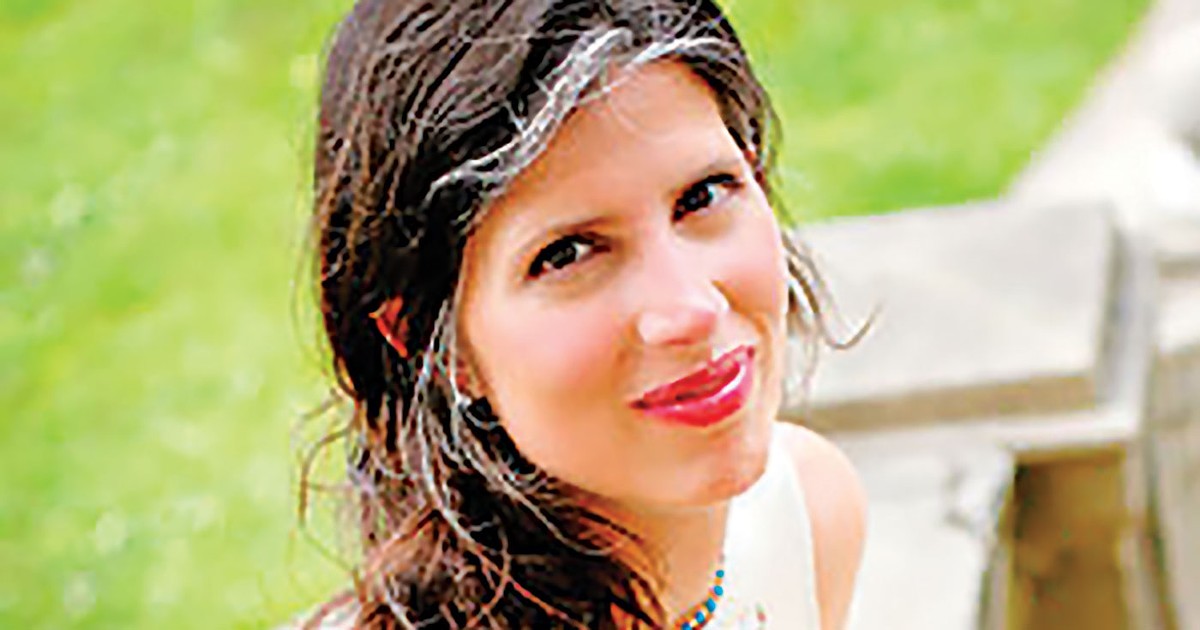“It depends on what the definition of is, is,” former President Clinton said in response to a question about his alleged acts with a White House intern, Monica Lewinsky. Perhaps, his charisma overcame then what now feels like exploitation and a grotesque power imbalance, but in terms of one of the best non-responsive responses to a loaded-gun-pointed-at-his-presidential-package-question, it was legal gold.
What lawyers, linguists and lip readers share is the exactitude of communicating the right word at the right time. Word synchronicity, if you will. In this era of polarization, who defines what a word or a movement really means — the speaker, the audience, the current political climate or Merriam-Webster’s Twitter account?
Take the word radical for example. The definition of radical depends on who is defining it.
The first noun the adjective radical describes for me is feminism — “Feminism is the radical notion that women are human beings.” For Gen Xers, it may be Jeff Spicoli in “Fast Times,” for stylists and the haute-couture set, it may be “radical chic,” and for psychologists, it may represent a shift in one’s behavior with an ensuing DSM diagnosis.
More than likely, though, someone or something is radical if it disrupts a belief system or strays from a cultural norm.
I had the opportunity to participate in a discussion about time, activism and the arts at a Motherlodge Long Table Symposium prior to a magnificent performance of “Jesus Christ Superstar.” We talked about how being immersed in a creative act takes you out of the time and space continuum. We talked about a moral responsibility to act in ways that manifest our beliefs about the world with knowledge that our actions could undermine our wallet or security.
The compound question I posed, in the context of activism was this: What motivated Christ’s disciples to risk everything to follow Him, and what is the line that distinguishes acts of faith and dissent from devout and moral on one end, to heretic and criminal on the other?
Most important — who decides?
Is radicalism in the eyes of the beholder?
When asked what kind of revolution we need to push for to preserve human rights here and forge them elsewhere, “The Mother of All Questions” author, Rebecca Solnit, said in an interview the goal isn’t regime change, but riding the wave of anti-authoritarianism established in here in 1961. What anti-authoritarianism addresses is fundamental human rights.
Solnit delineated our basic rights as the right to participate in politics and society in a meaningful way, the right to agency, to have a voice, to show up, to not be silent and to dissent. Dissent may be the most controversial of her list, as its benefit or detriment to the social order depends on the ethos of the administration in power.
If human rights are grounded in universal moral truth though, to err may be human, but to dissent may be divine.
In his introduction to the best new play awards in April, Actors Theatre of Louisville Director Les Waters recognized the company as a brave space for all who enter it and brilliantly described what that entails as a space where:
diverse opinions, dissent and argument are not only tolerated, but invited.
active listening and courageous exchange are fundamental values.
collective action, activism, and community engagement, both within and outside the world of theater, are cultivated, encouraged, and supported.
Perhaps a word’s definition isn’t as important to a free society as is approaching each other with tolerance and an open mind. Especially in a time when, like Solnit said, people love certainty more than possibility. Now that’s rad.






